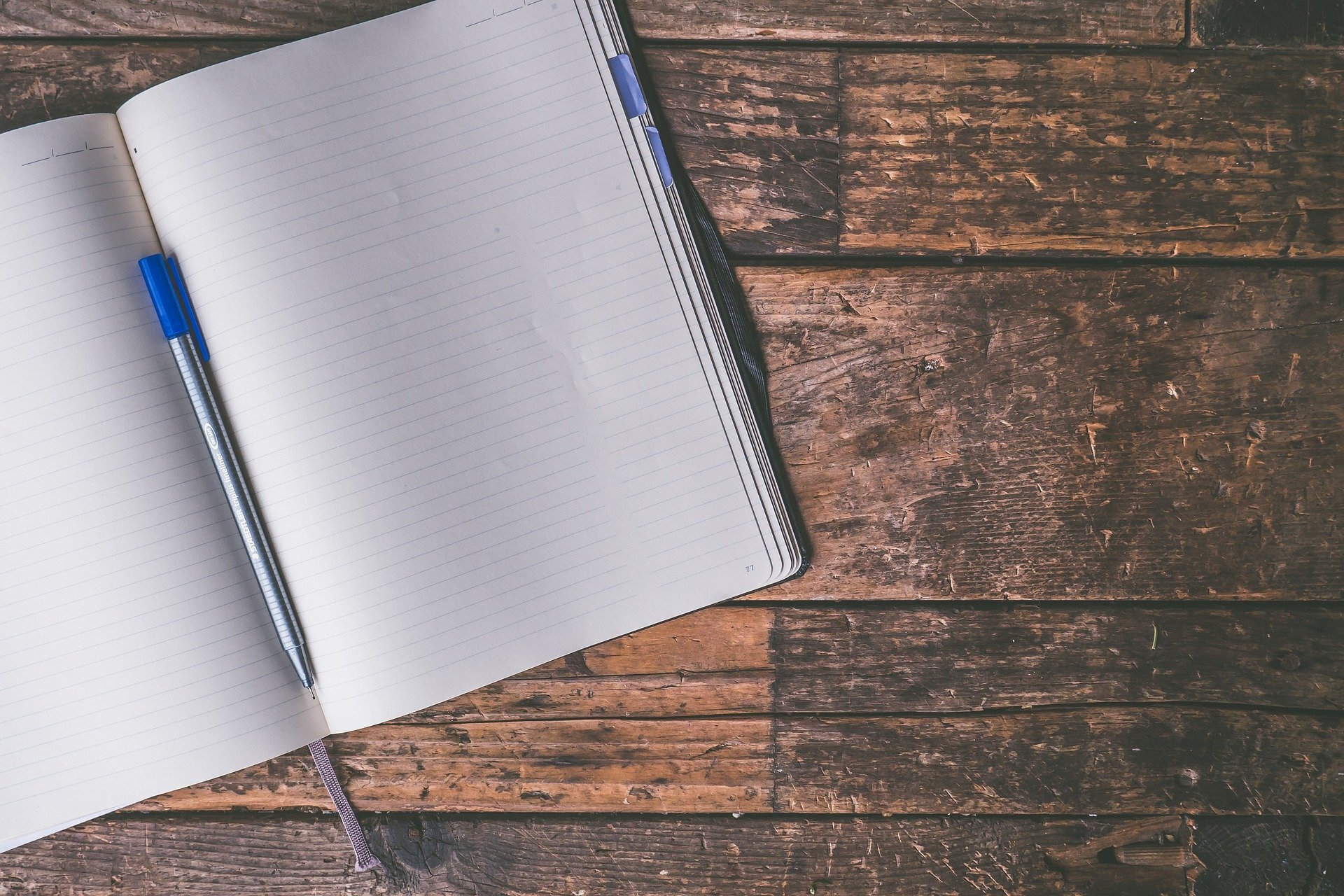
WHO WE ARE.
The Unit Literacy Group (ULG) is an Educational Based Recovery Environment. We acknowledge the value of creating projects, programs, and spaces conducive to facilitating literacy, while simultaneously supporting mental wellness and recovery. The inspiration to create the ULG came in 2017, while Kabasha Griffin-El was providing services as a Certified Peer Specialist (CPS) at Pennsylvania’s State Correctional Institution Greene. Upon launching the ULG, Kabasha found that although he had anticipated functioning in the capacity of a tutor, facilitation of group sessions greatly demanded his skills as a CPS as well. Immediately, it was obvious that many of the men were deeply scarred by their life’s experiences, and that their academic challenges were part of their trauma. Understandably, signs of stress, anxiety, depression, and fear created great obstacles to academic advancement and created further barriers to group commitment. Recognizing those issues, coupled with embarrassment and shame, ti quickly became apparent that it was necessary to transition from a strictly academic approach to that of creating recovery based environments that support adult literacy.

OUR PRIMARY GOALS:
to create educational based recovery environments facilitated by trained and Certified Peer Specialist (CPSs), Certified Tutors, and Trained Peer Assistants without prisons and institutions, where participants may feel safe exposing their challenges with reading, writing, comprehension, and basic arithmetic problems
to motivate, encourage, and support participants of all reading levels in their academic studies, by facilitating group discussions, independent study, group and one-on-one tutoring sessions, creative writing sessions, and book club sessions
to encourage participants to deliberately establish, and seek academic and recovery goals (short and long term), and to assist them with the development of a plan of action to accomplish their goals
to introduce participants to recovery focused personal affirmations, mental health related literature, and exercises that promote critical thinking, coping skills, communication skills, and conflict resolution as part of the holistic approach to wellness advanced by the ULG
to promote our foundational principles: Hope, Self-Discovery, Empowerment, Self-Advocacy, Compassion, Forgiveness, Choice, Validation, and Voluntarism

WHAT WE DO
Recovery Environments
The Unit Literacy Group defines Recovery Environment as “a physical or mental space deliberately developed for the purpose of promoting wellness.” We acknowledge that recovery is a personal, ongoing choice, and that it must be pursued at each individual’s pace. We promote the concept that everyone is in recovery from something and can benefit from recovery environments. In addition to academic materials, we use recovery focused personal affirmations, group discussions, mental health related literature, recovery based language exercises that promote critical thinking, communication skills, coping skills, and model behavior as part of the holistic approach to wellness advanced by the ULG. We ensure that our foundational principles are promoted in our sessions. Doing so natures the recovery environment, and aids in group facilitation.
The Unit Literacy Group is one unit/group facilitated through three sessions: ULG Tutoring Sessions, ULG Book Club Sessions, and ULG Creative Writing Sessions. Each meets once a week for sessions, which are open to any person that shares our Vision, Mission, and Goals. Participants are encouraged to actively engage in each of the various sessions.

Our Vision
is academic boldness, deliberate mental transformation, and empowerment through individual paced education for all communities.
“Writing saved my life. I mean that literally, considering that I most likely would have died by my own hands, had it not been for my ability to read and write. So I acknowledge the amazing power of writing; and I acknowledge every person that has contributed to my life by teach, and encouraging me to express myself through the wonderful healing art of writing. Thank you for your wonderful intentions, and for the impact of your contributions to my life. As I share your legacy, my hope is to make each of you proud.”
K. Kabasha Griffin-El, CPS
Sessions
Tutoring
Unit Literacy Group Facilitators are Certified Peer Specialists (CPS); Certified Tutors; or Trained Peer Assistants. We provide one-on-one peer tutoring; group study, and independent study time during our ULG Tutoring Sessions. Some participants are learning at an elementary level, while others have achieved their high school diploma or equivalent. For them, the ULG provides supportive environments and resources that allow them to concentrate as they pursue high education, as well as opportunities to develop leadership skills as volunteer assistant facilitators for group sessions. There are also participants that work on homework assignments from remedial, GED, vocations, or required group therapy classes. Others read books, develop proposals, create resumes, personal profiles, and work on personal letters.
Book Club
Book Club Sessions were introduced in 2019. Participants are given reading assignments, encouraged to join group discussions, and to share notes taken from selected readings. Upon completion of assignments, the selected books are acknowledged as donations to each participant.
Creative Writing
Our Creative Writing Sessions have been particularly favored since 2018. Each session involves group discussions, and introduces reading and writing exercises that promote our foundational principles. Participants are validated as they find their voice by using the amazing power of the written and spoken word to freely express themselves through poetry, essays, short stories, journaling, and other personal writings. One of our ongoing projects is a collaborative compilation of writings titled “Creative Writing: Expressions of Recovery.” By being so very brave as to voluntarily contribute portions of their personal stories, each participant has invited us to share in their recovery process. They do so deliberately to inspire hope, and to remind us that we are not alone on our recovery journey. As K. Kabasha Griffin-El notes, “I am so very proud of the work produced and presented by these men. Their expressions of recovery are gifts that continue to heal and inspire the best in me.”




